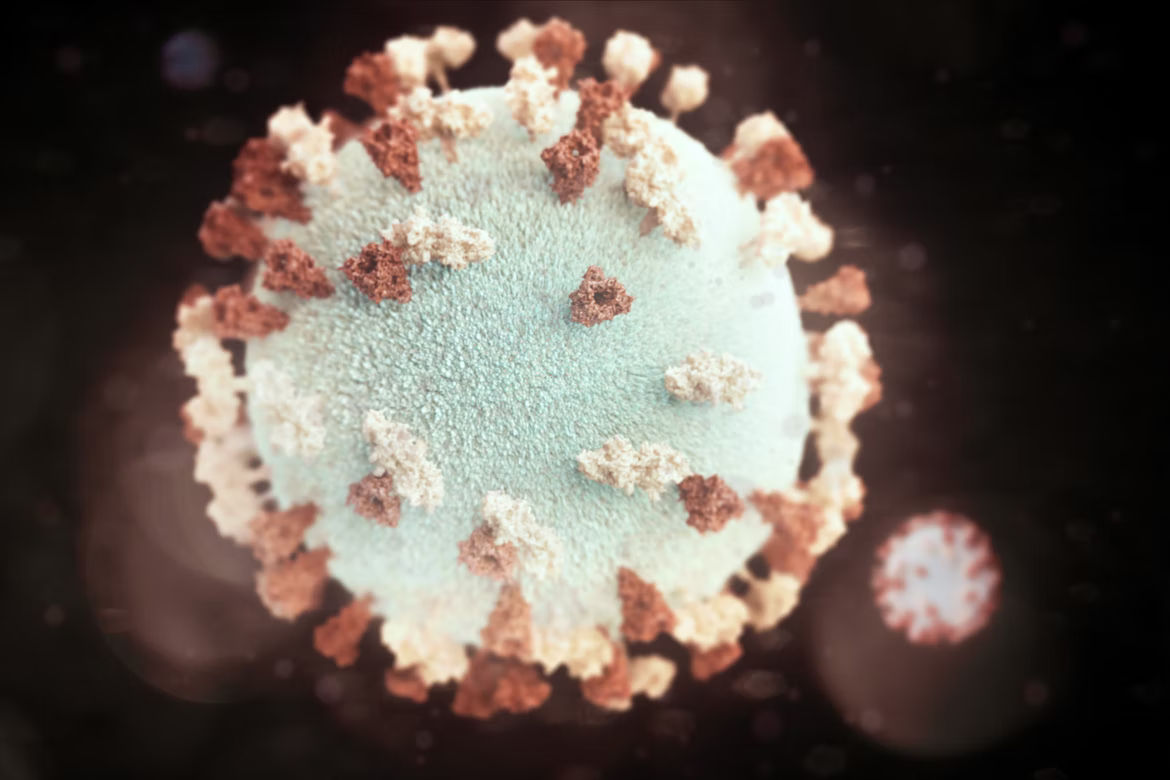Just a day after one death and one liver transplant were reported from Wisconsin in the unusual hepatitis in children, the US Centers of Disease Control and Prevention released new clinical details about some of cases on Friday.
The CDC continues to investigate cases of acute hepatitis with unknown causes among children. So far, at least 18 cases have been reported in at least four states. While the numbers are in dozens in Europe.
The latest clinical details shared by the CDC on Friday come from Alabama, where the first cases were found. Clinical records were analyzed for nine total patients admitted to a children’s hospital after October 1, 2021.
Also Read | UK records longest case of COVID-19 with patient down with 505 days
The patients whose records were analyzed were from different parts of the state with no epidemiologic links. All were considered generally healthy, with no significant comorbidities and no immune system weakness. The average age in the cases was said to be three years, with some younger than two to older than five years.
In all the patients, vomiting and diarrhea were the most common symptoms before they were hospitalized. Some of them also experienced upper respiratory symptoms. At the time of hospitalization, most of the patients had an enlarged liver, along with jaundice and yellowing in the eyes. All patients received negative test results for hepatitis viruses A, B, and C.
Health officials said that several other causes of pediatric hepatitis and infections were ruled out. But adenovirus was detected in all patients.
Also Read | Taiwan won’t impose Shanghai-like COVID lockdown: Premiere Su Tseng-chang
Last week, the CDC issued an advisory urging health care providers and public health authorities to the investigate and recommend considering adenovirus testing in children with hepatitis when the cause is unknown. Authorities said that testing the blood in whole — not just blood plasma — may be more sensitive.
Of the nine patients in Alabama, six received positive test results for Epstein-Barr virus that were determined to be from previous infections. Other detected viruses included enterovirus/rhinovirus, metapneumovirus, respiratory syncytial virus, and human coronavirus OC43.
No patient had contracted COVID-19 infection in the past.
Hepatitis is inflammation of the liver, which can affect the function of the vital organ. Most often, hepatitis is caused by a virus, and adenoviruses are a common type of virus spread from person-to-person.
Also Read | CDC declares nationwide health alert after unexplained hepatitis in kids
Adenovirus is recognized as a cause of hepatitis among immunocompromised children, but may be an “underrecognized contributor to liver injury among healthy children,” according to the CDC. There is no vaccine for adenoviruses in children.
“Thorough handwashing with soap and water is the best thing,” Kaushik said. “Keeping distance from anybody who’s sick with coughing and sneezing, and teach your children to cough or sneeze into their sleeve.”
The World Health Organization reported on April 23 that at least 169 cases of acute hepatitis among children have been reported. The UK has the most cases with 114, following by Spain (13) and Israel (12).







